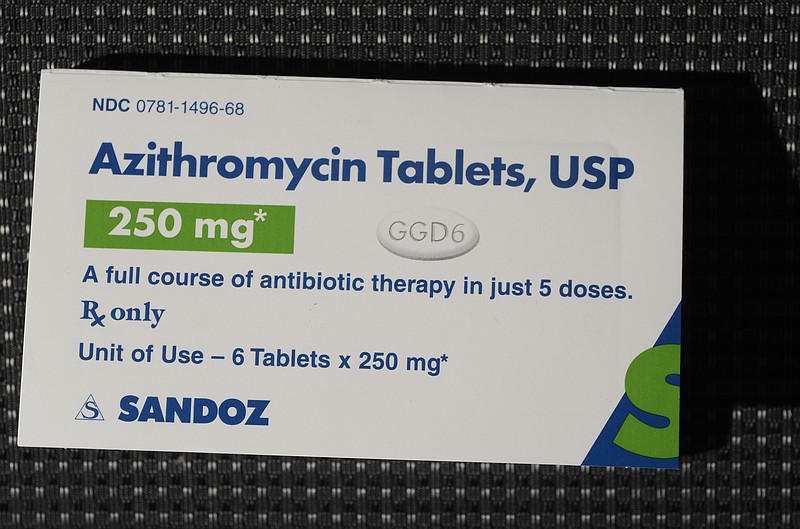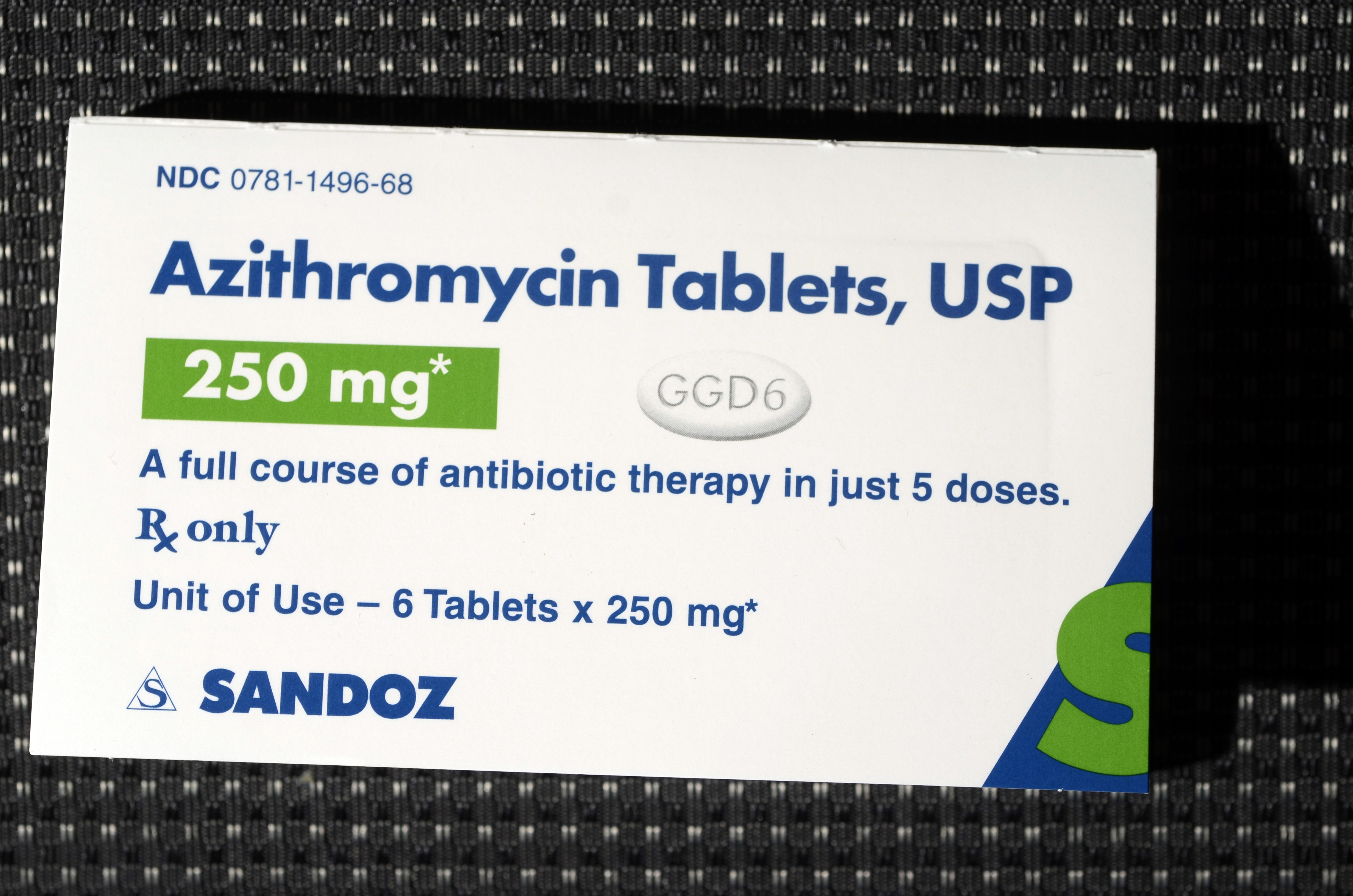Too many people in Tennessee are asking for antibiotics and too many doctors are prescribing them - a practice that renders once-powerful drugs ineffective against infections, according to a recently released study.
Tennessee ranks third - behind West Virginia and Kentucky - for retail pharmacy sales of antibiotics, according to the Extending the Cure project, which aims to curtail their use and stem the spread of drug-resistant bacteria.
Infections once easily cured with antibiotics, such as pneumonia and gonorrhea, now have fewer treatment options. Overuse of antibiotics also is linked to MRSA, a type of staph infection, and a virulent strain of diarrhea.
Could 'lose these drugs'
Bacteria over time can mutate and outsmart antibiotics, particularly when the drugs are widely used and patients do not take their medicine for the full treatment course.
"Unless we do something really radical and different, we're going to lose these drugs," said Dr. Ramanan Laxminarayan, an epidemiologist and economist in Washington, D.C., who was a co-author of the study. "It's not like we're going to. We already have in many instances and things are just getting worse."
The rate of prescriptions in Tennessee was 1.17 per person during 2007 - about double that of Alaska, which has the lowest rate. Louisiana and Alabama round out the top five list of states for antibiotic sales.
"The Southeast is a place where there is substantially more resistance than the rest of the country to be clear," Laxminarayan said. "The antibiotic use is an important driver, but it is not the only driver."
He said more research is needed to determine cause and effect. His study tracked antibiotic sales but did not identify the reasons for the prescriptions. Nashville-based HCA has three of its U.S. hospitals partnering with Laxminarayan, three academic hospitals, and the Center for Disease Dynamics, Economics & Policy to examine the reasons behind the trends.
The goal is to understand what motivates physicians to prescribe antibiotics, said Dr. Ed Septimus, medical director of infection prevention and epidemiology for HCA's Clinical Services Group. The study will focus on primary care physicians affiliated with the hospitals. More than half of antibiotic prescriptions occur on an outpatient basis, he said.
"This sounds like a Mickey Mouse kind of thing, but in fact it actually has not been well studied," Septimus said. "You are talking about changing physician prescribing behavior. That's pretty hard. Physicians have always been fairly independent. It does create some challenges."
Although doctors in the Southeast may be more apt to prescribe antibiotics, overuse of the drugs remains a national problem.
"Patients say, 'I want an antibiotic,' and demand it from their physicians," Laxminarayan said. "We have a social norm in this country, which allows that to be perfectly reasonable. Now, that would never happen in Scandinavia."
Scandinavian countries have lower rates of MRSA. Resistance rate for the bacteria was 2 percent or less in Denmark, Finland, Sweden, Norway and the Netherlands in 2009. That compares with 51 percent in the U.S.
Failing on E. coli
Prescribing rates for one class of antibiotics, fluoroquinolones, such as Cipro, spiked 49 percent from 1999 to 2007 in the U.S. These drugs are now seven times less likely to work against E. coli - common bacteria often linked to foodborne illnesses - than they were in 1999, according to Extending the Cure.
"Big pharma used to be our savior," Septimus said. "We would overuse Drug A, but they would have a Drug B waiting in the wings. Now, we don't have those newer target drugs in development."
U.S. Sen. Bob Corker, R-Tenn., is a sponsor of legislation, the Generating Antibiotic Incentive Now Act, to spur new commercial development of antibiotics. Antibiotic-resistant infections cost the nation's health-care system $26 billion annually, while MRSA infections are responsible for more than 17,000 deaths each year, he said.
"The GAIN Act provides meaningful market incentives and reduces regulatory burdens to encourage the development of these new antibiotics that will help us save lives and reduce health-care costs," Corker said. The legislation would extend the patent exclusivity period for the drugs and speed up the review process for clinical trials.
But development of new drugs is just one part of the equation, Laxminarayan said.
"We've got to change the paradigm of the incentives for how these drugs are being sold," he said. "Right now, a pharmaceutical manufacturer's incentives are to sell the drug as much as they can before the competition catches up with them. The incentives are quite in the opposite direction of worrying about resistance."
Hospitals are trying to be better stewards of their antibiotic arsenal. Vanderbilt University Medical Center in recent years has reduced its multi-drug resistant pathogens by 75 percent. Vanderbilt closely monitors and carefully switches up use of antibiotics.
Hospitals, however, can do only so much because the flow of antibiotics also comes from the prescription pads in outpatient clinics.
Antibiotics should be viewed as a finite resource, Laxminarayan said. Winter is typically a time when people get upper respiratory illnesses and ask for antibiotics, but he said chicken soup and rest work better than pills in most cases. Antibiotics are ineffective against viral infections .
Contact Tom Wilemon at 615-726-5961 or twilemon@tennessean.com.

